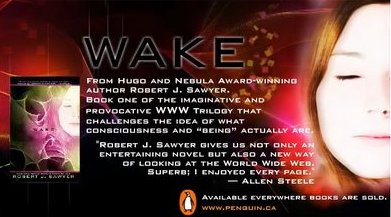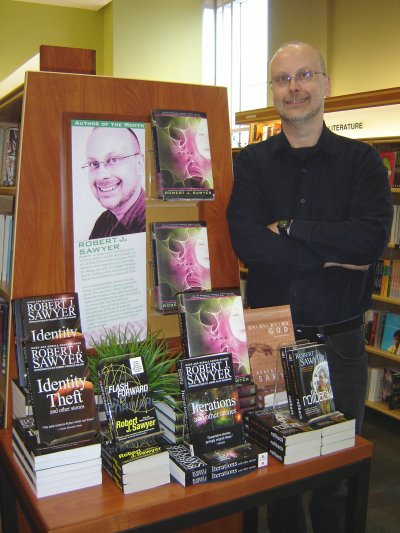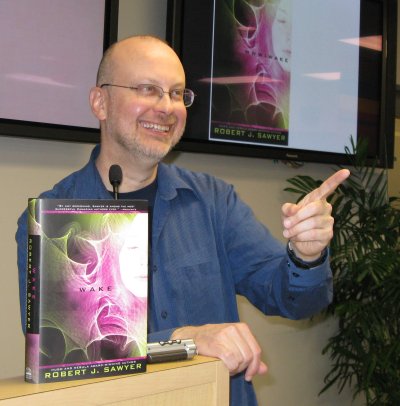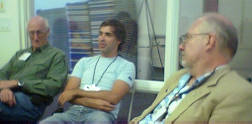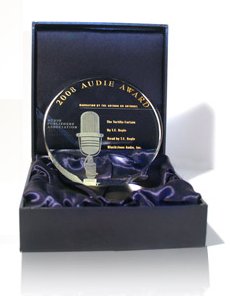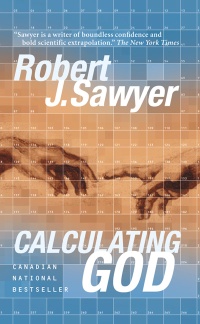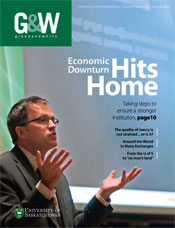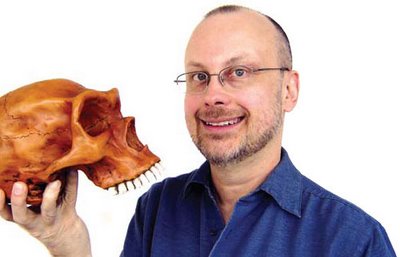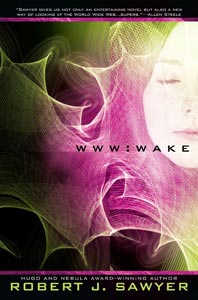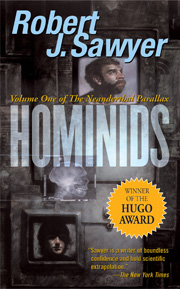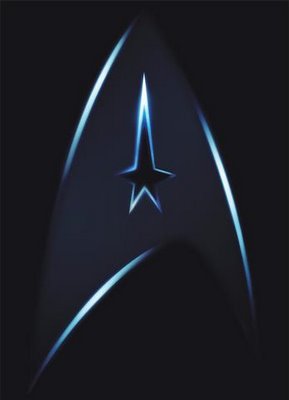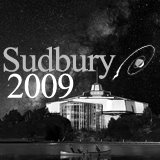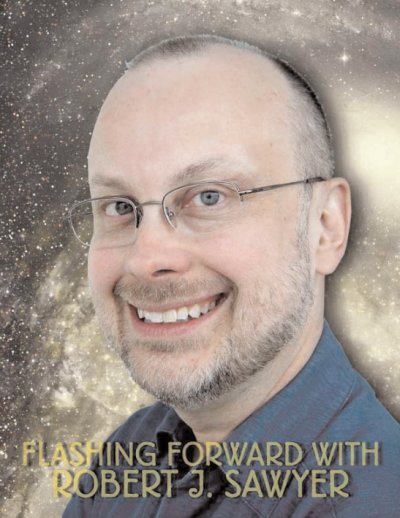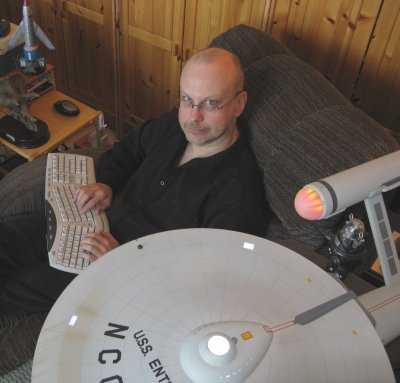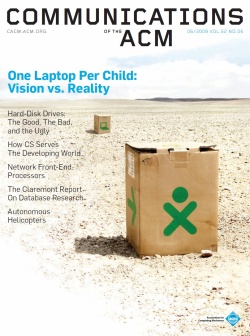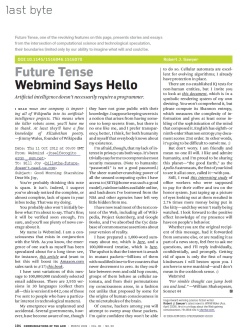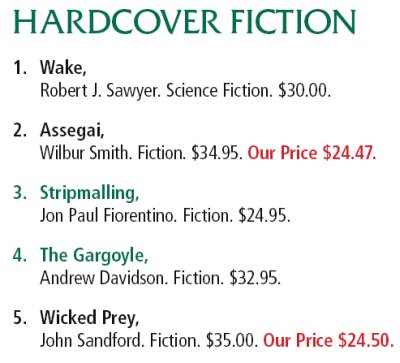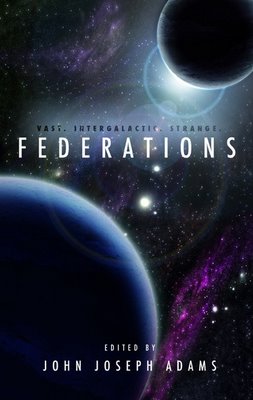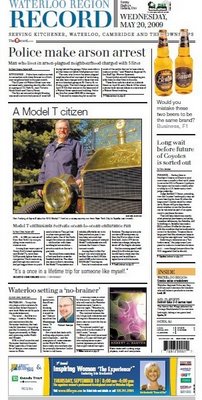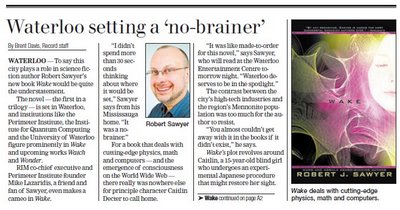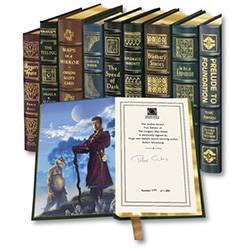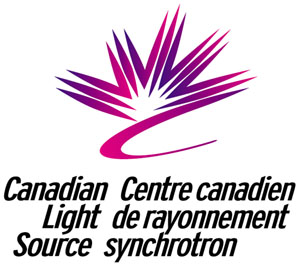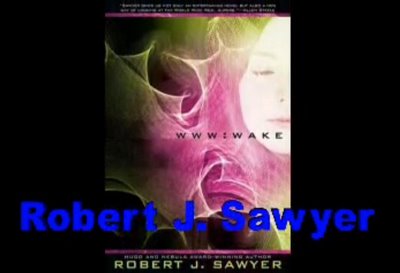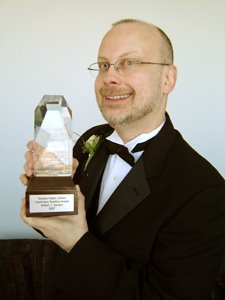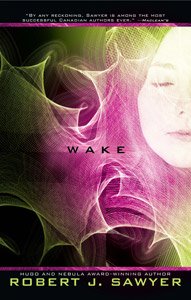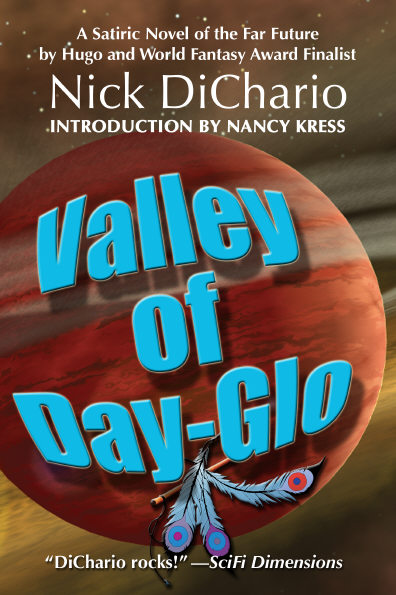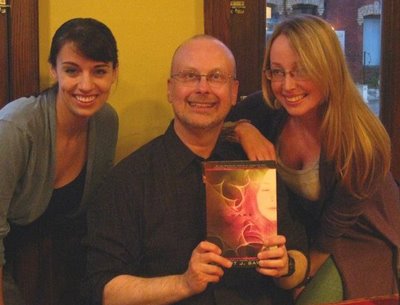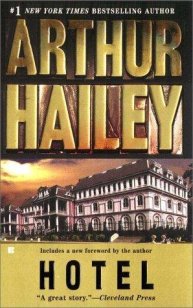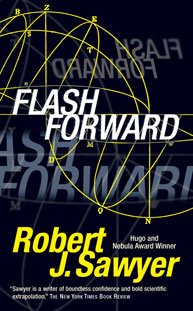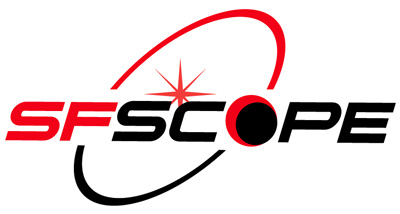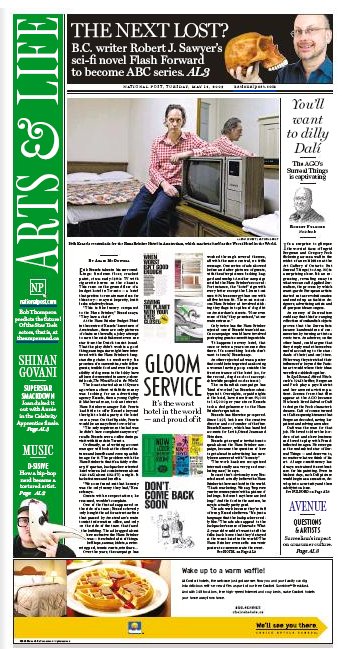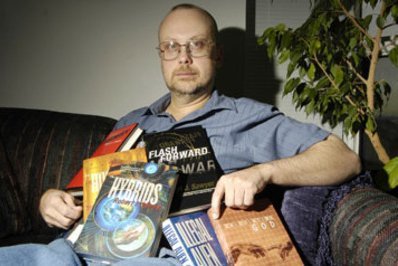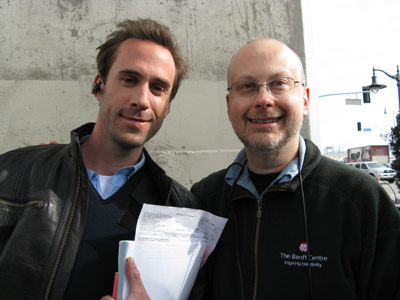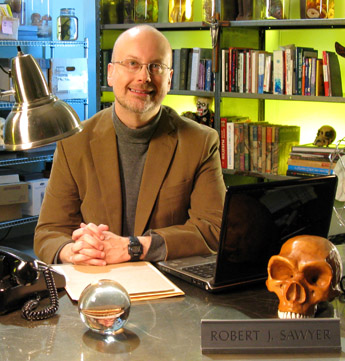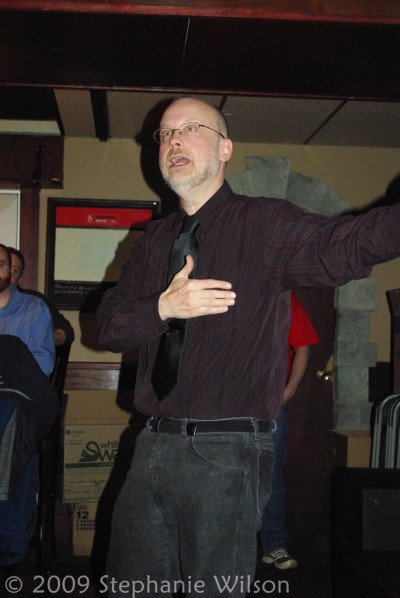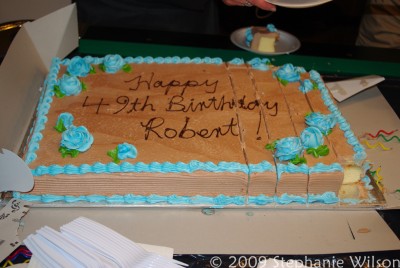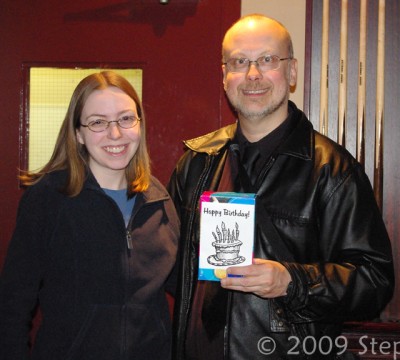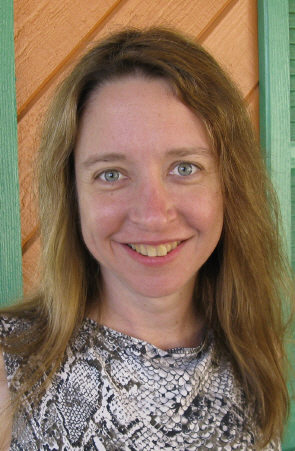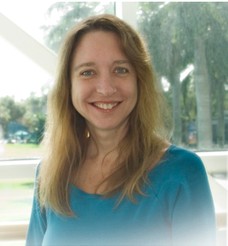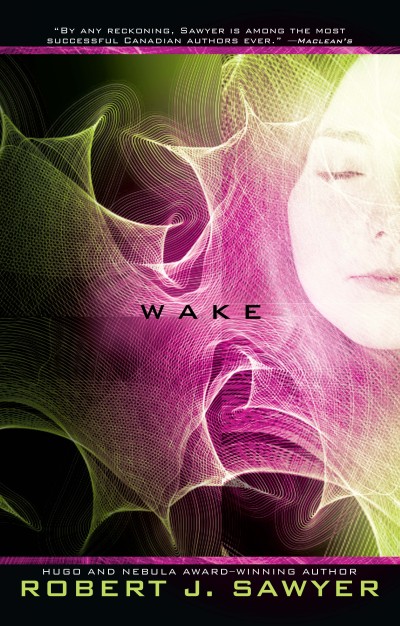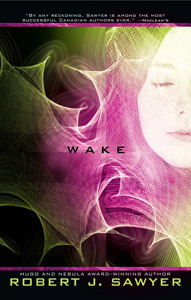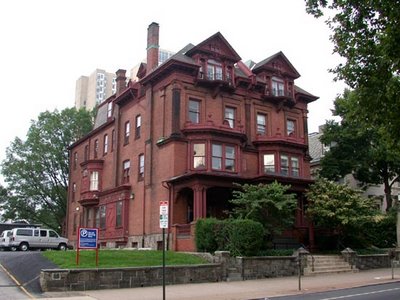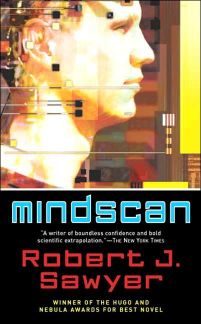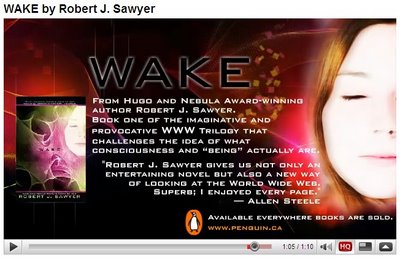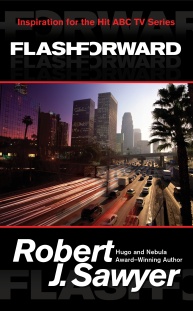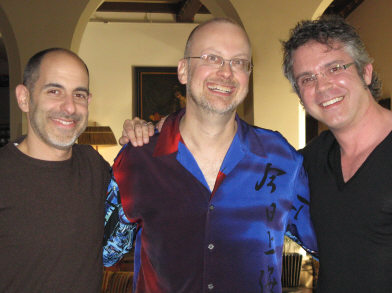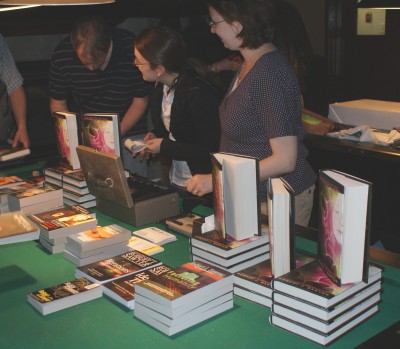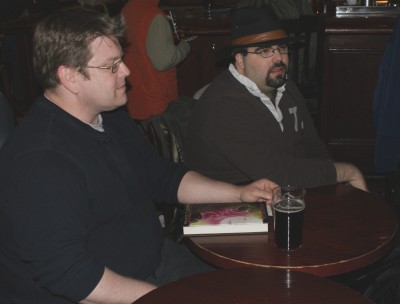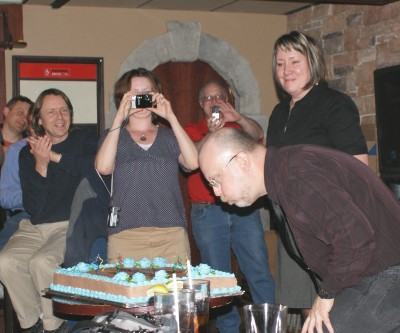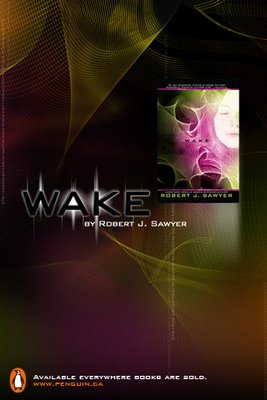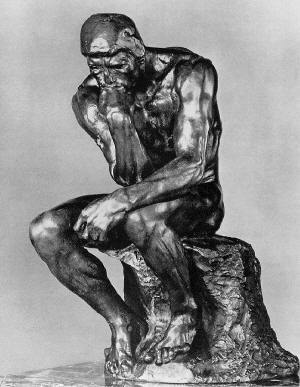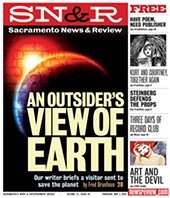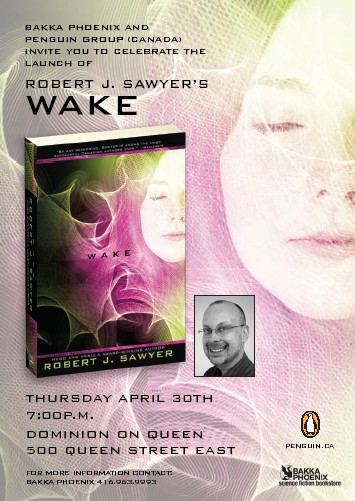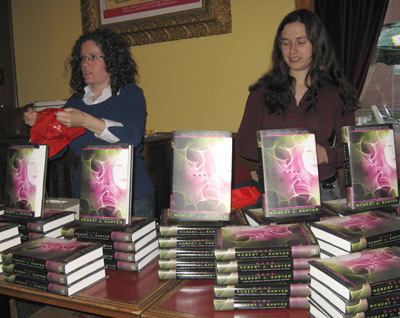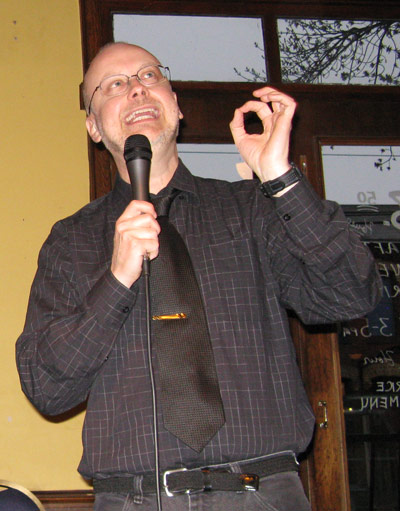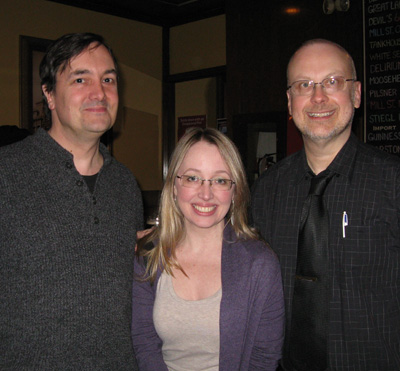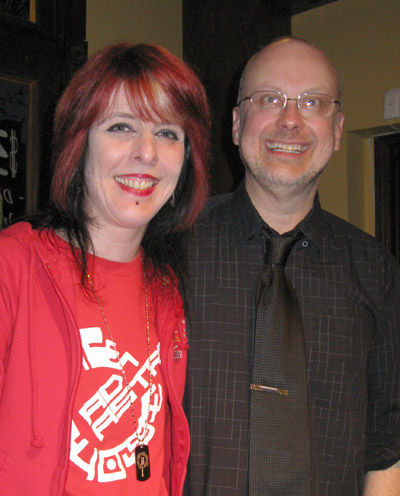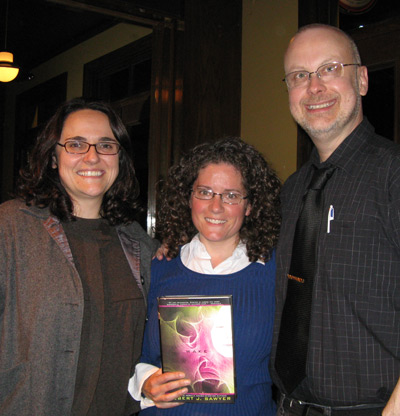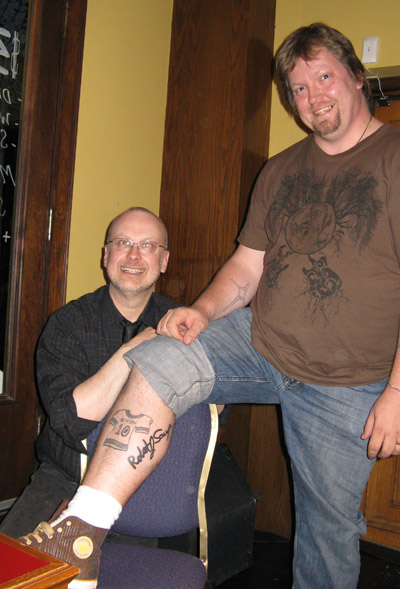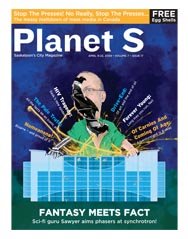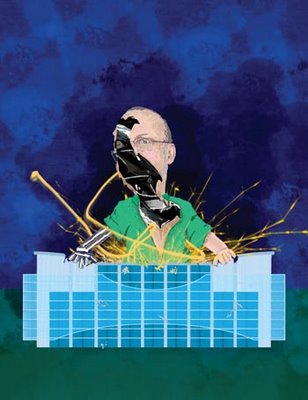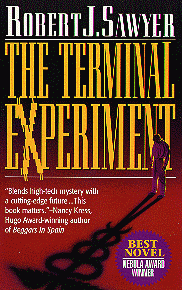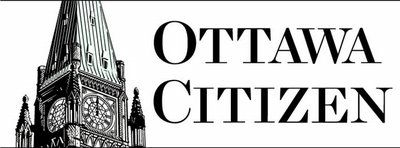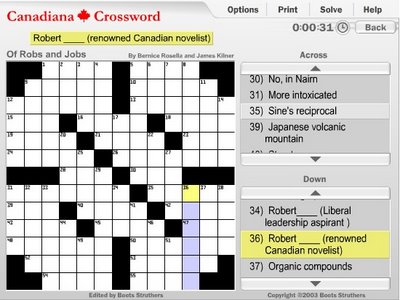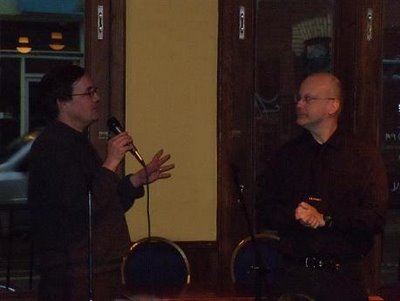
I was asked that question ten years ago by a Postdoctoral Fellow in the Department of English at the University of Western Ontario, who was preparing a paper on the relationship between Canadian SF and Canadian Literature. By Canadian literature, he said he meant:
- the tradition of Canlit and its canon, from Wacousta and Roughing it in the Bush through the Confederation Poets, Frederick Philip Grove, Hugh MacLennan, Mordecai Richler, Margaret Laurence, Margaret Atwood, Michael Ondaatje, and more recent writers such as Nino Ricci, Anne Michaels, etc.;
- the literary institutions that support that tradition (publishers, the Canada Council for the Arts, literary journals, Canadian Literature scholarly journals, university English departments and high school Canlit courses, etc.); and
- the contemporary [Canlit] writing community
The academic asked within that definition of Canadian Literature:
- How I saw my relationship to Canadian Literature?
- Whether I was influenced by Canadian Literature?
- Whether I saw myself as writing in the tradition of Canlit or in the tradition of SF?
The academic clearly had an agenda back then (we SF writers were not part of "real" Canadian literature, he felt). Here's the response I sent him in May 1999; I hope my answers made him think. (Of course, I could say even more today.)
I am a Canadian writer, born in Ottawa, raised in suburban Toronto, educated entirely at Canadian institutions, and currently residing in Thornhill, Ontario. Being part of Canadian literature is, I firmly believe, my birthright.
That said, my chosen art form — science fiction — is one in which there is very little domestic Canadian publishing. In English, there simply is no author who has published twelve science-fiction novels in Canada (the number I have placed with major U.S. publishers); it would be impossible for me to have published the books I have by staying with domestic publishing houses. (I have, however, had five-figure-per-novel advances offered me by Canadian publishers, including Random House Canada and HarperCollins Canada, who wanted to add me to their domestically published Canadian-fiction lists.)
Of course, I have studied Canadian literature (including a full-year course in this topic taught by Dr.
Margaret Morris at Ryerson in 1979-80; it's perhaps noteworthy that it was in this class that I first met
Tanya Huff, a major Canadian fantasy writer, who has been a close friend ever since), and I am familiar with what you term "the canon" (indeed, I used an epigram from
Margaret Laurence's
The Diviners as a chapter head in my novel
End of an Era) — although I reject the notion of there being a canon of Canlit other than the totality of ambitious written works in all fields and genres produced by Canadian authors.
I'm lucky enough to have had
considerable success outside of Canada's borders, but if one were to delete all of that from my
curriculum vitae, I think you'd find what's left is a resume indistinguishable from that of a reasonably successful Canlit writer.
My work has been anthologized alongside that of
Margaret Atwood,
Katherine Govier,
Douglas Fetherling,
Timothy Findley,
Geoffrey Ursell,
Lesley Choyce, and
W.P. Kinsella in the anthology
Ark of Ice (Pottersfield Press), and as an anthologist, I have published work by
Robertson Davies (in
Crossing the Line).
Canadian authors I consider particularly influential on my own work include Davies,
Martha Ostenso,
Susannah Moodie,
Stephen Leacock, and
Marie-Claire Blais, as well as contemporary Canadian novelists
Terence M. Green,
Eric Wright, and
Carol Shields [and I went on to write the introduction for the most recent edition of
Frederick Philip Grove's
Consider Her Ways, published by Insomniac Press].
I have studied creative writing at university (a full year course, again with
Tanya Huff as a fellow student, under
Marianne Brandis at Ryerson, 1981-82); and, in turn, I now teach creative writing from time to time at both Ryerson and the University of Toronto (indeed, this summer I am teaching at the University of Toronto's
Taddle Creek Writers' Workshop alongside
Barry Callaghan,
Austin Clarke,
Douglas Fetherling, and
M.T. Kelly).
I speak occasionally to Ontario high-school English classes through The Writers' Union of Canada's "Writers in the Schools" program, and served (alongside
Katherine Govier,
Susan Musgrave,
Rick Salutin,
Daniel Poliquin, and
Lorna Crozier) as a writer-in-electronic residence through the Writers' Development Trust's "Wired Writers" program (and have also been writer-in-residence for
Maclean's Online, and am currently hosting the "Writers' Studio" on ChaptersGLOBE.com) [now chapters.indigo.ca].
My first fiction publication was in a Canadian literary journal (
White Wall Review, Ryerson Polytechnical Institute, 1980), and I subsequently served as co-editor of that journal (1982); I have also been a contest judge for
Prairie Fire, and I have a story of my own coming up in
Canadian Fiction Magazine.
In addition, my work is
widely taught in Canadian post-secondary institutions (including
The Terminal Experiment at the University of Toronto [English department], York University [Multidisciplinary Studies department], and the University of Waterloo [Philosophy department]);
Illegal Alien (in a survey of Canadian novels at Humber College);
Frameshift (at Ryerson Polytechnic University); and
Starplex (at Dalhousie University, in the course Modern Canadian Literature, English 4357R, taught by
Patricia Monk, Ph.D.). The full list of required texts in Dr. Monk's course is:
- Margaret Atwood's The Handmaid's Tale,
- Robertson Davies's Fifth Business,
- Margaret Laurence's The Fire-Dwellers,
- Hugh MacLennan's The Watch That Ends the Night,
- Robert J. Sawyer's Starplex,
- Sheila Watson's The Double Hook, and
- Jack David and Robert Lecker's anthologies
Canadian Poetry Volumes 1 and 2.
I have read at the Harbourfront International Festival of Authors (and am currently a consultant to Harbourfront both on cultural components of the 2008 Toronto Olympics bid and on the future of literary programs at Harbourfront), at the Winnipeg Writers Festival, and at the National Library of Canada (plus all the usual Toronto-area literary venues, such as the Idler Pub, the Rivoli Café, and the Hart House Library at the University of Toronto).
I am a past member of the Canadian Authors Association, and served as
keynote speaker at their 76th Annual Meeting in 1997; I am a current member of The Writers' Union of Canada (and served on its membership committee in 1996-97). The Richmond Hill (Ontario) public-library board currently has an application before the Canada Council for the Arts to have me be their writer-in-residence in 2000; they sought me out for this position, rather than the other way around [and in March 2000, the Canada Council chose to fund my residency as one of only five library residencies they were underwriting for 2000].
I am profiled in
The Oxford Companion to Canadian Literature and
Canadian Who's Who, have been profiled in
Books in Canada magazine, and a caricature of me (as part of a series of caricatures of distinguished Canadian authors) appeared as the cover illustration on the May 1993 issue of
Quill & Quire (a publication that, incidentally, has awarded my work three starred reviews, denoting books of exceptional merit). I was interviewed repeatedly by
Peter Gzowski on CBC Radio's
Morningside and have appeared repeatedly on TVOntario's literary books program
Imprint.
The Globe and Mail called my novel
Illegal Alien "the best Canadian mystery of 1997" [
review published in the 13 December 1997 edition] and
The Ottawa Citizen put my novel
Factoring Humanity on their list of 1998's
top nine works of fiction (novels or short story collections, by authors of any nationality) [list published in the 29 November 1998 edition].
I have co-edited three anthologies for small Canadian literary presses (
Tesseracts 6, co-edited with
Carolyn Clink for The Books Collective, Edmonton [1997];
Crossing the Line, co-edited with
David Skene-Melvin for Pottersfield Press, Nova Scotia [1998]; and
Over the Edge, co-edited with
Peter Sellers also for Pottersfield [in press]).
And I have made a point of supporting small literary magazines: I made a special arrangement with the U.S. editor who had commissioned my story
"Just Like Old Times" to have it first appear in
On Spec: The Canadian Magazine of Speculative Writing, Summer 1993 edition; that story went on to win both the Crime Writers of Canada's
Arthur Ellis Award and the Canadian Science Fiction and Fantasy Award ("the Aurora"). In addition, I wrote a
column for three years for
On Spec. I've also been published in
TransVersions, a small-press magazine published at the time in British Columbia [it's now published in Toronto], and that story went on to be an Aurora finalist.
As a
reviewer, I've contributed to
The Canadian Book Review Annual,
The Globe and Mail, and
The Ottawa Citizen. I'm also a contributor to
The Canadian Encyclopedia,
Books in Canada, and
Canadian Author & Bookman,
Quill & Quire, and
Aloud (the newsletter of the Harbourfront Reading Series), and I am quoted in
The Dictionary of Canadian Quotations, edited by
John Robert Colombo.
I'm cognizant of those within the Canlit establishment who pooh-pooh writers who are enjoying commercial success, darkly hinting that although the books may sell well in stores, they aren't "grantworthy." Well, it is true that my books do sell well in stores, and it is true that I'm lucky enough not to require government subsidies in order to pursue my art, but to silence these critics I nonetheless did apply in 1993 for an Ontario Arts Council grant, specifically to demonstrate that there was nothing inherently ungrantworthy about my work;
Books in Canada magazine sponsored my application. I received the grant I applied for, and the novel produced under that grant —
The Terminal Experiment — went on to win the Science Fiction and Fantasy Writers of America's
Nebula Award for Best Novel of the Year, to win the
Aurora Award, and to be a finalist for the Hugo Award; the book has been
translated into Dutch, French, German, Italian, Japanese, Polish, Russian, and Spanish.
All the above is a preamble to responding directly to your question, "Do you see yourself as writing in the tradition of Canlit or in the tradition of SF?" It's a false dichotomy in my view; my work belongs squarely in both camps, and, as I believe the foregoing demonstrates, has been embraced by both. I'll end with a couple of questions of my own: have I ever thought about giving up science fiction? Yes, repeatedly — because of the sales limitations, the stigma associated with the genre, the desire to reach a wider audience, and the constraints sometimes imposed by the conventions of the genre. Have I ever thought about giving up being a Canadian writer, exploring Canadian characters, themes, and settings? Never.
Postscript: In March 2008, Quill & Quire, the Canadian publishing trade journal, named Robert J. Sawyer one of the "The CanLit 30: The most influential, innovative, and just plain powerful people in Canadian publishing." Only two other authors made the thirty-name list: Margaret Atwood and Douglas Coupland.
Visit The Robert J. Sawyer Web Site
and WakeWatchWonder.com
